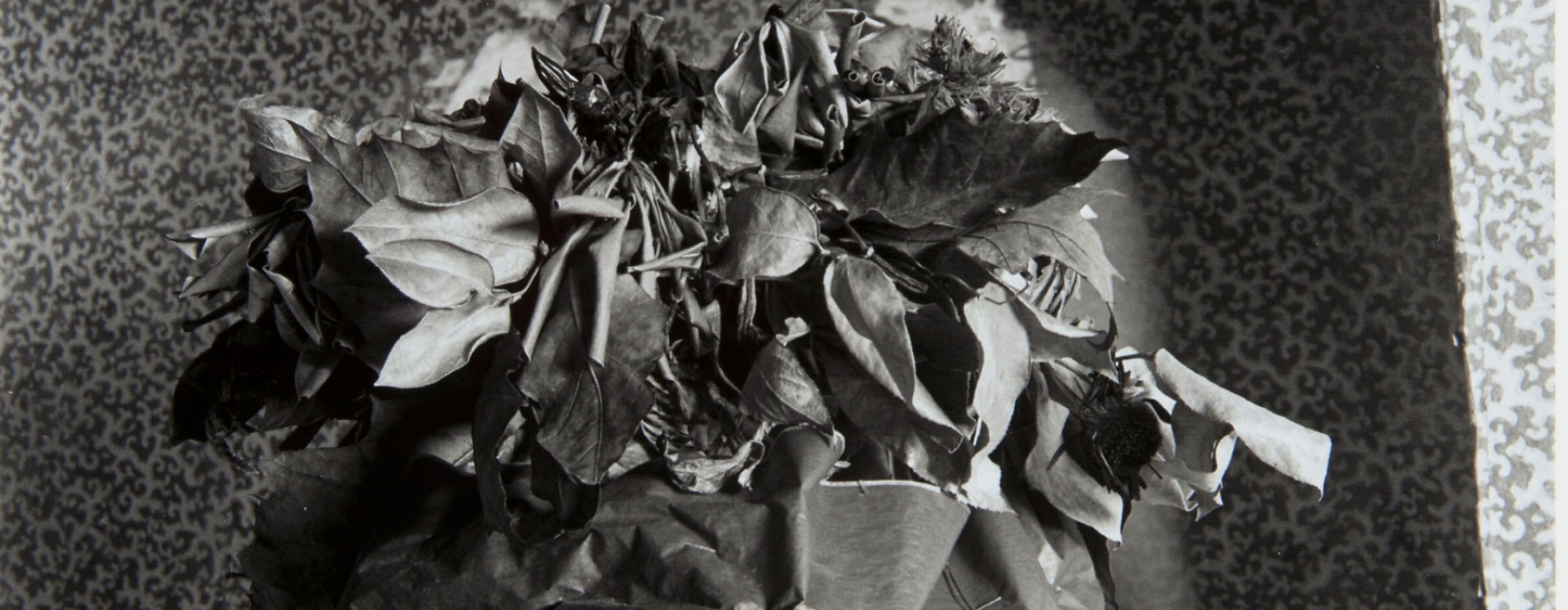
While refusal at its most uncompromising may seek the complete collapse and void of any edifice, system, or sense with no demand for a new ‘order’ (cf. Bartleby the Scrivener), it can also forge a mode of acting as if an entirely different world is possible (cf. Fred Moten’s ‘refusal of what has been refused’). Similar to radical hope, this latter, more active articulation of refusal harbors what Jonathan Lear calls a “hope for revival: for coming back to life in a form that is not yet intelligible.” Brought together then, these two modes conspire to refute an existing order and begin anew, as refusal gives radical hope teeth, while hope commits refusal to the prospect of a possible future.
Refusal as radical hope constitutes a poetic form, one that opens a field of new possibilities, but also implies certain kind of responsibility for a plurality. Like all practices, these life-asserting acts change the world, but these changes (always anxious) may be fugitive, muted, coded, rebuffed or immediately erased. And yet, traces always remain. What then might an archive of refusal and radical hope look like?
The colonial and ethnographic collections of European museums likely hold a number of such underexplored stories. How then, following Tina Campt, might we listen and attend to the quiet practices of refusal (as radical hope) articulated by images and objects in our archives? If such poiesis must always challenge and reside outside the remit of these institutions, how might the unruliness of their archives facilitate the telling of these quiet histories of refusal? How might one curate that unruliness (and thereby court hope) so as to overwhelm the institutional structures that strive to discipline, contain and control?
Image Credit: Autoportrait 2010 - © Hélène Akouavi Amouzou. TM 7035-6
Text: C.Nakamura